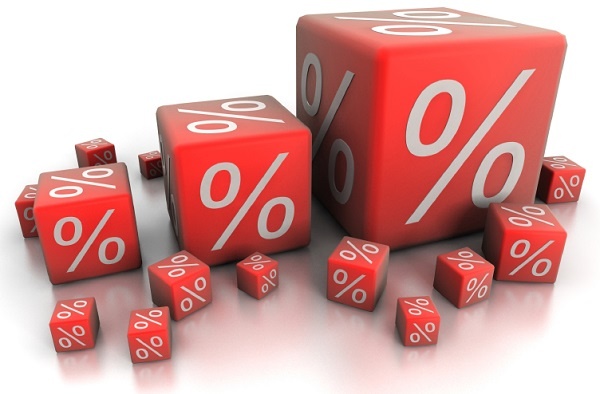
With interest rates at record lows, it’s a question many homeowners are asking: which type of home loan should I choose? Fixed or variable interest rates? It’s impossible to predict which way interest rates will go, and the fact is, that both types of home loan have their pros and cons. We’ve outlined what these are to help you make an informed decision about whether to fix or to float.
Why choose fixed rates?
In a nutshell, fixed rates provide certainty. The rate you get is fixed for an agreed loan term – usually between one and five years – and throughout this term the rate will not change. That makes it easier for you to budget each month as you know in advance what your repayments are going to be. And if rates rise, your repayments stay the same.
On the flipside, if interest rates fall, you lose out because you’re locked in until the end of your term. And because fixed loans are less flexible, you usually aren’t able to make any extra payments into your loan, or the extra amount you can pay back is often capped at a low amount. The other consideration with this type of loan is that if you do decide to change to a different loan before the fixed term expires, you may be charged exit fees.
Here are the advantages to fixing your loan:
• Makes budgeting easier – you know exactly how much you need to pay each month.
• Rate increases don’t affect you.
Here are the disadvantages to fixing your home loan:
• You don’t benefit when rates go down and you could end up paying more than the variable rate.
• Extra loan repayments are often not allowed if you have a fixed rate, or may only be allowed with a fee.
• You may be charged a break fee if you decide to change your home loan or you pay off your loan earlier – e.g. if you sell your home.
Why choose variable rates?
Variable home loans offer more flexibility but less certainty. If the Reserve Bank announces a rate cut, it’s likely your repayments will decrease. If rates increase, however, your repayments go up too and you could find yourself having trouble making repayments.
With a variable loan, you’re able to make extra payments at any time which means you could pay off your loan much sooner and save yourself a sizeable amount of money.
Here are the advantages to variable rates:
• If interest rates drop, your repayments usually drop too.
• You can make extra repayments at any time so you could save on interest and pay back your home loan much sooner.
Here are the disadvantages to variable interest rates:
• When interest rates rise so do your repayments, which means you could end up paying more than you can afford.
Splitting your loan
A third option is to only fix part of your home loan, and leave the remaining loan on a variable interest rate. Splitting your loan means that if rates rise, the fixed part of your home loan will be protected against rate increases. If rates fall, the variable part of your home loan will benefit from the lower interest rate. This lets you manage some of the risk you would incur as interest rates rise, while still being able to make extra repayments when you can afford to.
How do I choose?
Choosing between a fixed or a variable home loan rate largely comes down to your financial situation, and how likely this will change over the next few years. If you’re unsure about your future financial situation, a variable interest rate is likely to be the best option, simply because it allows you more flexibility to make changes when you need to.
Whichever loan you choose it needs to be competitive. And that means shopping around to find the features, flexibility and fees that work best for you. With interest rates the lowest they’ve been in years, it’s worthwhile comparing rates from lenders. Mortgage Express can help with that, shopping around on your behalf to find the right deal for you. Get in touch with our brokers to talk about your financial situation.





